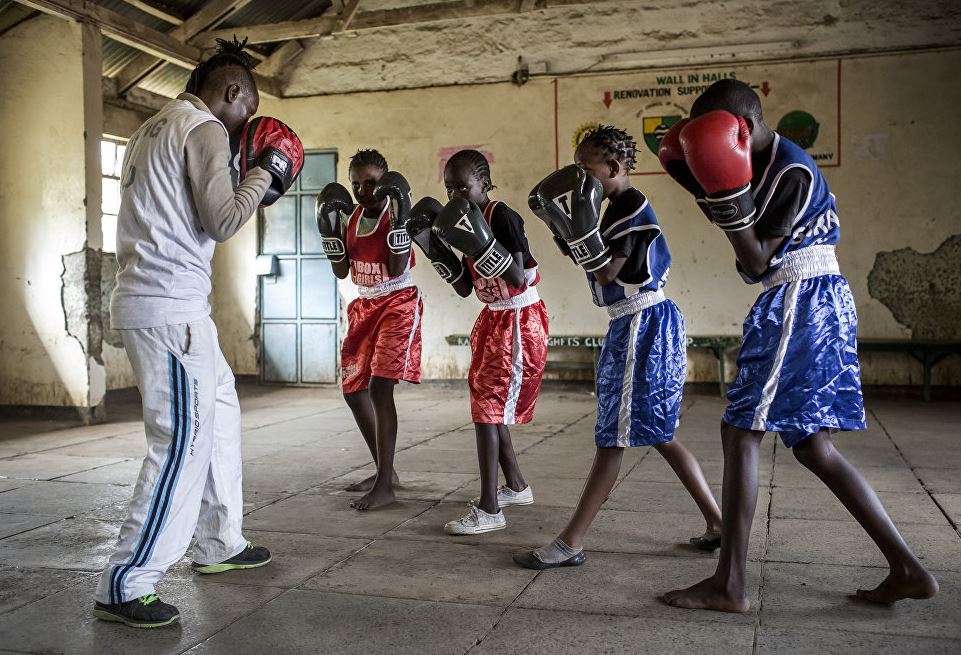
When family dynamics make it difficult to live in a healthy environment, a good school system can provide a safe place for a child to go. When home life is toxic, teachers might notice certain behaviors from the parent or child that appear to be red flags.
For example, parental alienation syndrome often appears when a child is behaving fearfully or acting hostile towards just one parent. This can be encouraged from the other parent or it can be due to toxic homeplace circumstances.
While a teacher cannot always intervene, they can offer comfort. Unfortunately, despite some best efforts, education in Nairobi is crumbling.
Infrastructure
As far as institutions go, Nairobi is primarily made up of public schools, although one-quarter are private institutions. In recent years, because of a lack of funding and a lack of help, a few school buildings have collapsed.
In 2019, a school building collapsed, killing seven students. It wasn’t the first devastating infrastructure collapse in Nairobi. In 2017, a residential building also collapsed, killing a few people and leaving others wounded.
COVID
Another difficulty schools are facing in Nairobi is directly related to the pandemic. While they struggled to decide how to manage safe schooling, officials decided to postpone the school year for a year. They made an effort to start over rather than to keep going under the current conditions. That didn’t sit well with everyone, especially considering how prolonged this pandemic has been.
For university students, this has been easier to navigate. However, for primary school children and secondary school children (and their parents), this has been a trying time.
This is true all over the world. Figuring out how to properly teach a classroom of children has proved to be difficult, no matter the school and the location. Luckily, the University of Nairobi has been able to work out an alternative plan, but the school is facing other problems.
University
The problem within the university sphere is related to cost. According to University World News: Africa Edition, “From costly court cases, to a gaping budget deficit, to student unrest, to falling student numbers, to labour tiffs, to a controversial restructuring of its top echelons, the university finds itself in perhaps one of the most trying periods in its existence stretching back several decades.”
The rise in cost for students has been astronomical. Without the means to meet these requirements, students have begun to protest the increases. The argument that PhD programs and Master’s programs should cost more, in general, is the stance that the university has taken, but the increases for undergraduates have been difficult to defend.
With available education abroad, the university has been urged by civilians to consider the risks of losing students over the desired cash flow.
About the author

With an interest and dedication to addressing stigmas associated with mental health, she continues to specifically target subjects related to anxiety and depression.








